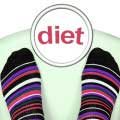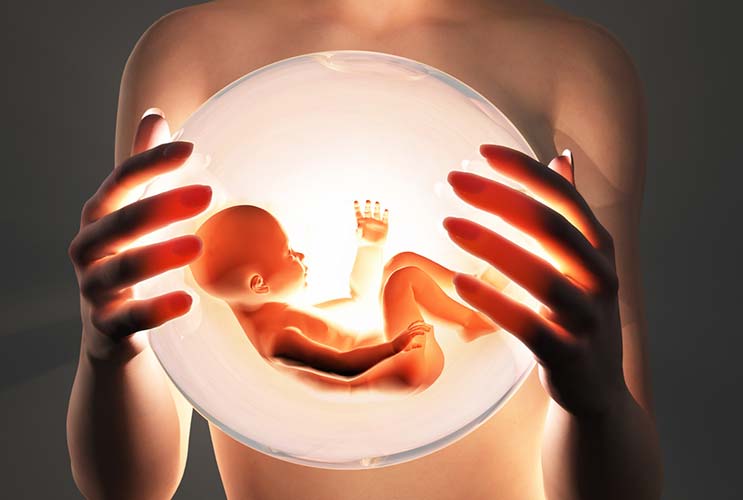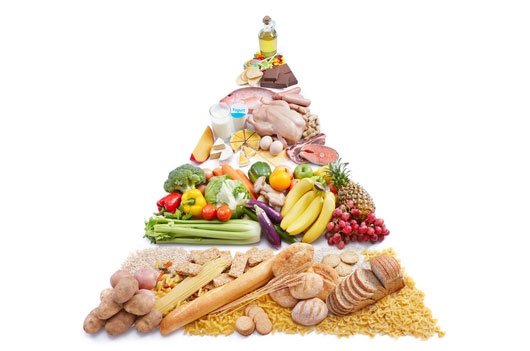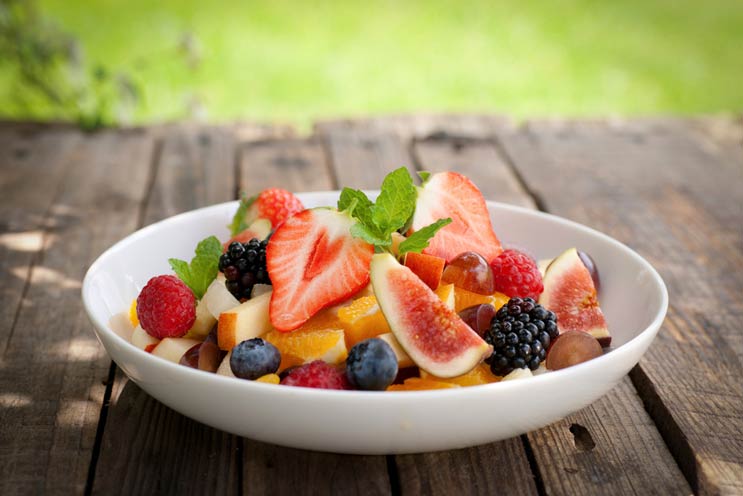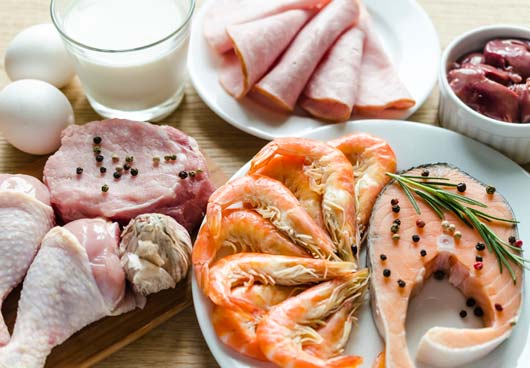
Psst…we’re going to let you all in on a little secret that your middle school Sex-Ed teacher never wanted you to know: for a lot of people, getting pregnant is actually really difficult—and a lot of it can be helped with the right fertility diet. As a woman you grow up fearing that every time you take your top off you might get knocked up, and yes, if you don’t practice safe sex you might get pregnant unexpectedly. We will always stand by the “better safe than sorry” mantra. That said, for many couples it takes a little bit more than a bottle of wine and a latex-free romp to make a baby. According to Pamela Madsen, executive director of the American Infertility Association (AIA), “one in 10 healthy couples of reproductive age will experience fertility problems.”
It is important to know that if you are struggling to conceive a baby, you are not alone. And even more importantly, there are some small steps you can take to improve your chances of getting pregnant. Perhaps you think you are taking care of your bodies (you eat well, you exercise, you get enough sleep…) but are you really setting yourself up to succeed reproductively? While a lot goes into determining your ability to get pregnant, what you eat plays a part. There are foods to increase fertility and some clear foods to avoid; and certainly many nutrients you will want to bulk up on if you are trying to have a baby.
Starting with what to avoid, the obvious no-no is alcohol. You know you aren’t supposed to consume any alcohol once you are pregnant, but many OB-GYNs agree that it is a good idea to nix it from your diet even before the egg and sperm have their first date. Drinking to excess can cause irregular periods and lack of ovulation—2 big obstacles if you are trying to get pregnant. The American Society for Reproductive Medicine recommends that you “have no more than two drinks a day if you’re trying to get pregnant,” and to be safe, enjoy that glass of wine after you get your period. It’s also a good idea to cut back on caffeine intake (you’re going to have to do it once you get pregnant anyway, might as well start now) and minimize processed foods.
Read Related: 6 Reasons Why Running Can Affect Your Fertility
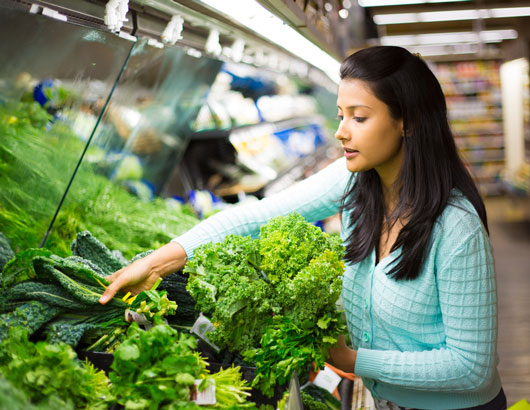
By eliminating some of the bad-for-you foods that you eat on a regular basis you’ll room for more nutritious options that can boost your health and therefore your body’s ability to reproduce. During menstruation it’s crucial you load up on iron to replenish your body after losing blood (gross but true). Leafy green vegetables (think spinach and kale) as well as red meat and beans are all great sources of iron.
When it comes to a good fertility diet, lentils are an excellent addition to your menu as they supply a ton of vegetarian protein, fiber and iron (great if you don’t eat meat but you need to bulk up on these nutrients and minerals). A study from the Harvard School of Health found that “women who got most of their iron from plant sources reduced their risk of infertility by 40 percent.” You can include lentils in everything from soup to salad to tacos for a tasty nutritional boost for you and your future fetus.
As Parents reports, in addition, pre-pregnancy (and when you are trying to conceive) is an important time to bulk up on omega-3 fatty acids. Why? Foods like wild salmon can help to regulate your hormones, increase blood flow to your organs (aka your uterus) and support the release of your egg.

In addition, “zinc can help with cell division and progesterone production” says Jill Blakeway, M.S., L.A.c., clinic director at The YinOva Center in New York and co-author of Making Babies: A Proven 3-Month Program for Maximum Fertility. To make sure you eat enough zinc and other progesterone-supporting nutrients load up on foods like legumes and leafy greens. Many suggest that these are foods to increase fertility. Plus those green veggies have lots of added perks. Fresh produce is loaded with several vitamins, nutrients and antioxidants—important to keep your body healthy and fight off infection from free radicals in the environment.
In addition, studies on the fertility diet have shown that women who eat full-fat dairy products (aka ICE CREAM) may have a higher chance of getting pregnant. A study published in the journal Human Reproduction found that “women enjoying a scoop of full-fat ice cream at least twice a week had a 38 percent lower risk of anovulatory infertility compared with women consuming ice cream less than once a week.” Let’s make sure you heard us correctly: you have permission to skip the fro-yo and eat the full-fat, creamy, delicious, heavenly bowl of real ice cream. You’re doing it for your future family!


